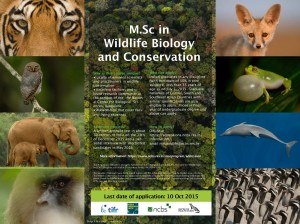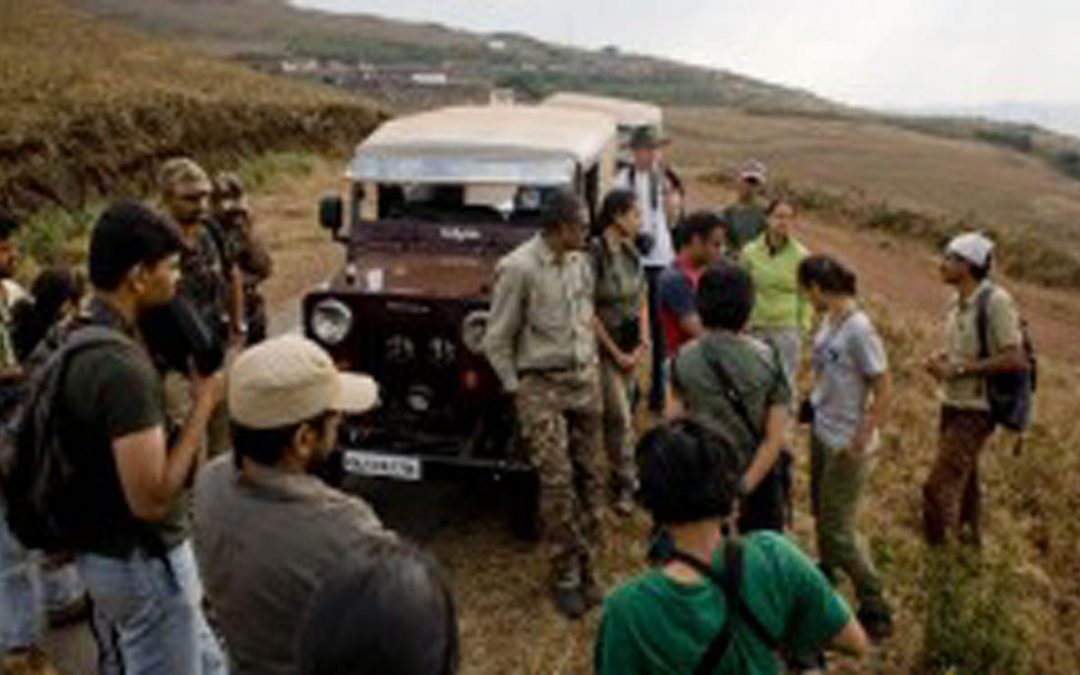
Under the GSLEP program, all snow leopard range countries report they have insufficient numbers of trained conservation practitioners at all levels, and even where conservation staff levels may be adequate, such as in some scientific institutions, low funding limits their effectiveness. In particular, range countries lack people trained to address the needs of communities and develop community programs.
The National Centre for Biological Sciences (NCBS), based in Bengaluru, India offers a Masters program once every two years (in even years). The program aims to produce well-trained biologists and conservation practitioners who will retain their passion for wild places and a sense of purpose to try and conserve them. Students are provided a strong foundation of science that will help them design, implement and monitor a range of ecological studies and conservation projects.
To develop these capabilities, students learn about wildlife science and conservation through a multi-disciplinary process. They are trained in fundamental ecology, project design skills and technical tools required to carry out scientific studies. As future conservationists they are also exposed to the historical, social, economic, legal and political contexts that underlie the conservation process. In addition, they are also taught effective communication using a variety of media, conflict resolution, and problem-solving skills, all key to dealing with real life conservation issues.
A key strength of this programme is its entirely modular course structure which is taught by the best instructors from India and abroad. Modules are thematic and focused, and thus expose students to a rich body of experience, broad perspectives, and cutting edge skills.
International applicants to the MSc Wildlife Biology and Conservation program at NCBS are considered for a maximum of 2 available places in the program. Interested applicants may apply by writing to the Academic Coordinator, Wildlife Biology and Conservation program at mscwildlife@ncbs.res.in on or before OCTOBER 10th requesting for an application package. If the applicant is short listed based on the above, he/she will be called for interviews, which can be conducted via Video Conference if candidate is unable to attend the interviews on the campus.
There are no specific English proficiency requirements. However, all academic activities, including courses, labs and seminars are conducted in English, hence students are expected to have a reasonable working command of English (both written and oral).
The course is among the most reputed in the region for people interested in careers in ecology, evolution, wildlife biology and conservation. This year the course is accepting applications from Central, South and South-east Asian nationals. The course is fully funded.
The following link can be clicked for admission details, or one can email to Academic Coordinator, Wildlife Biology and Conservation program at mscwildlife@ncbs.res.in



